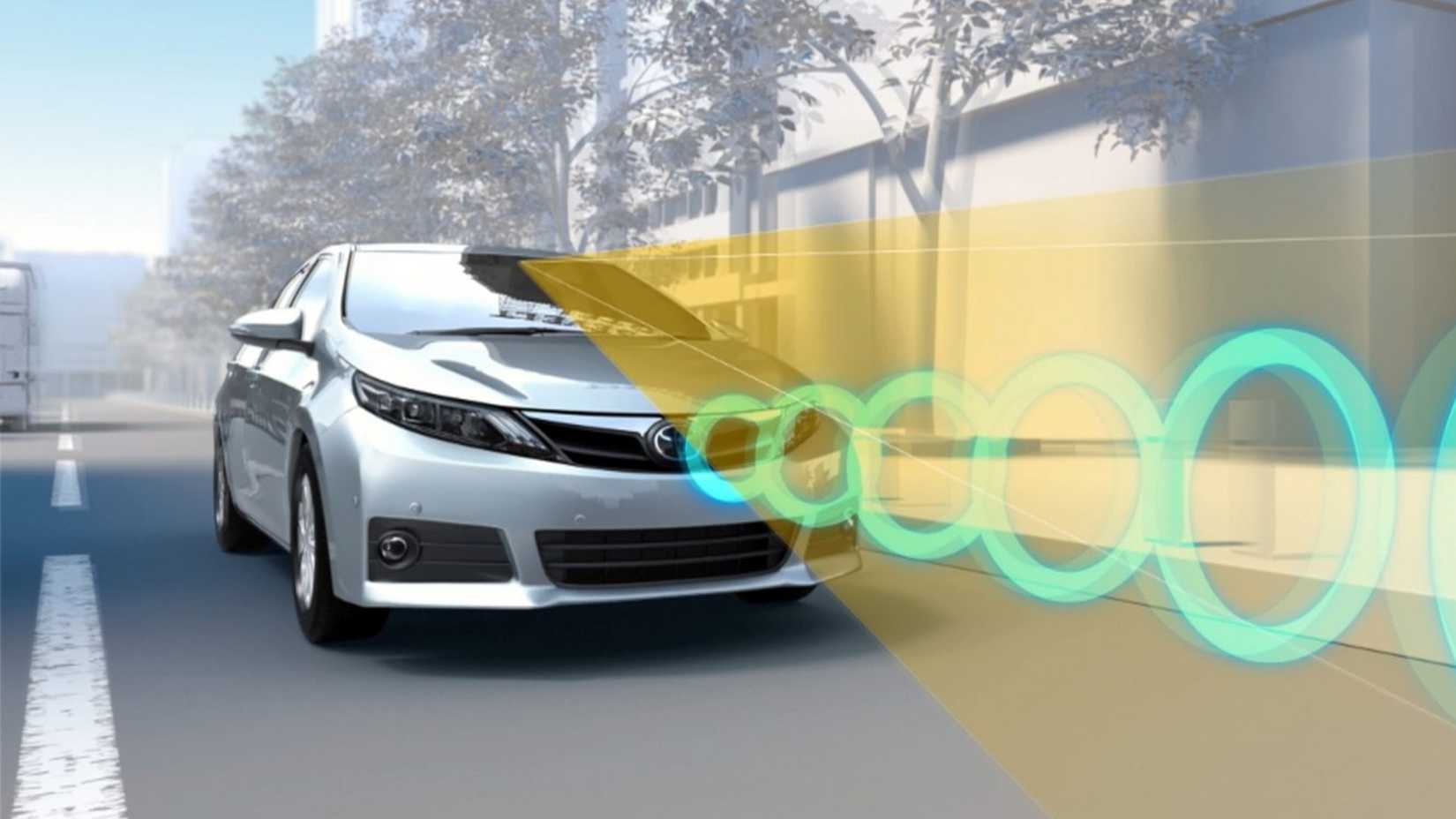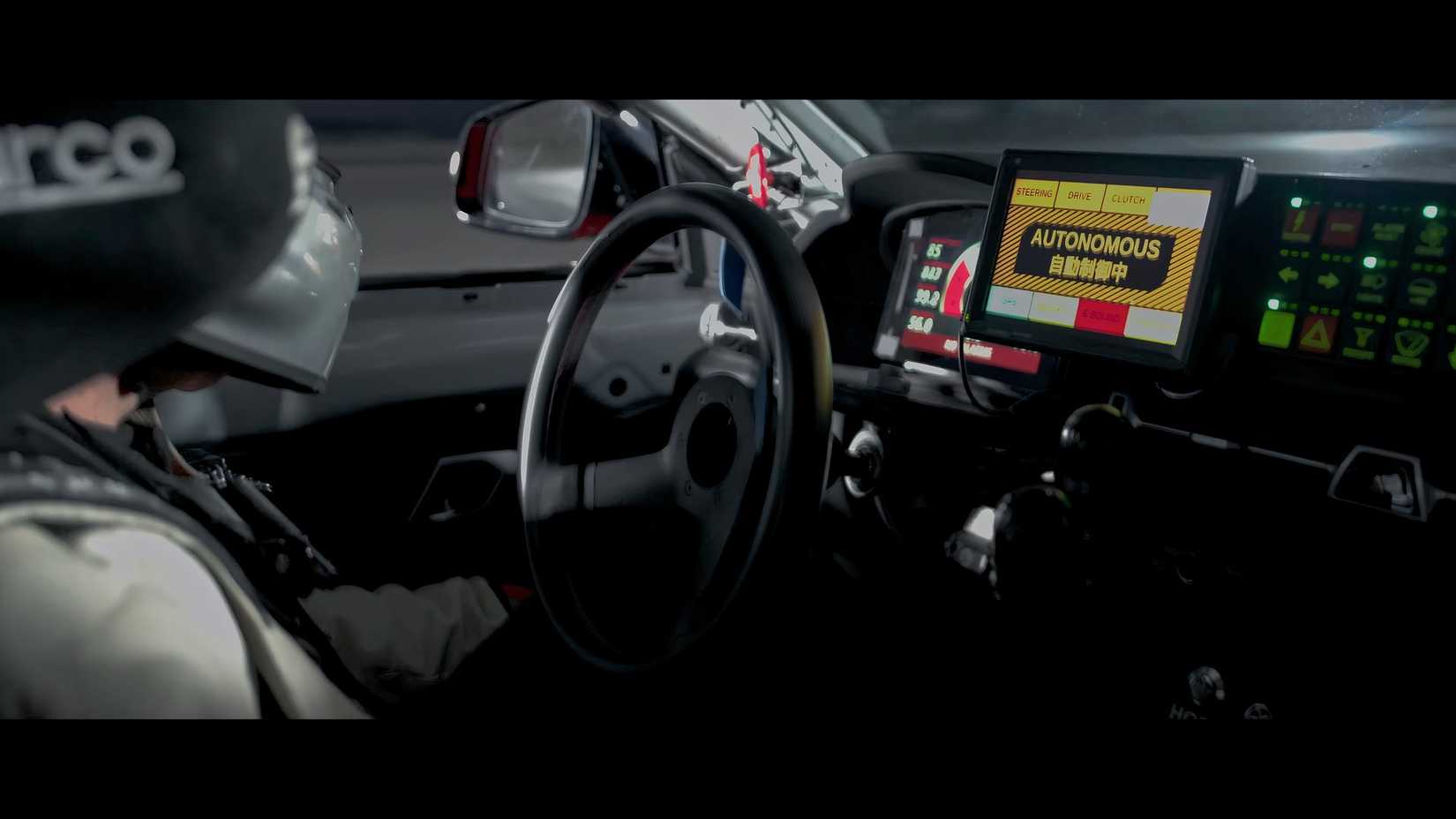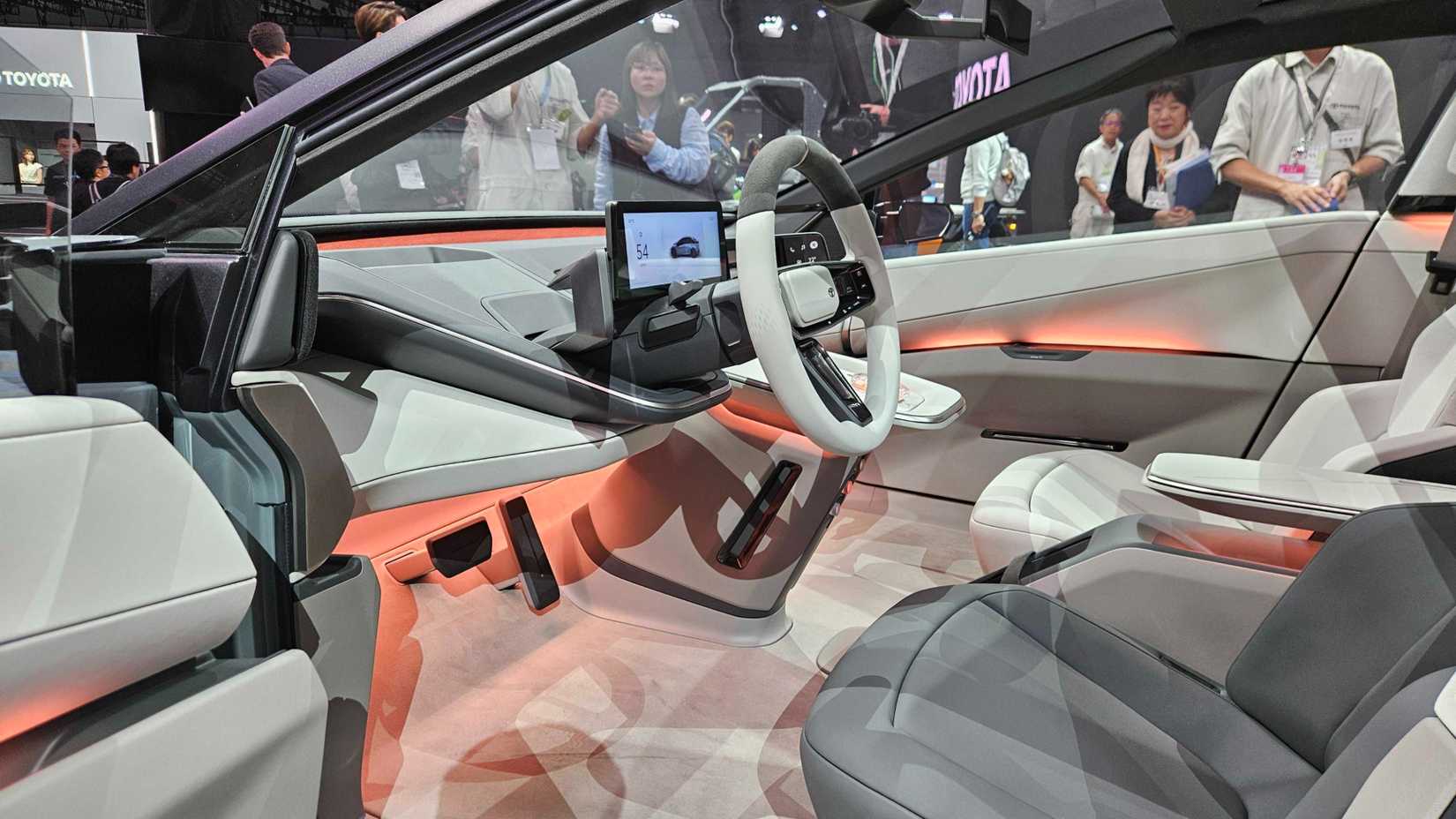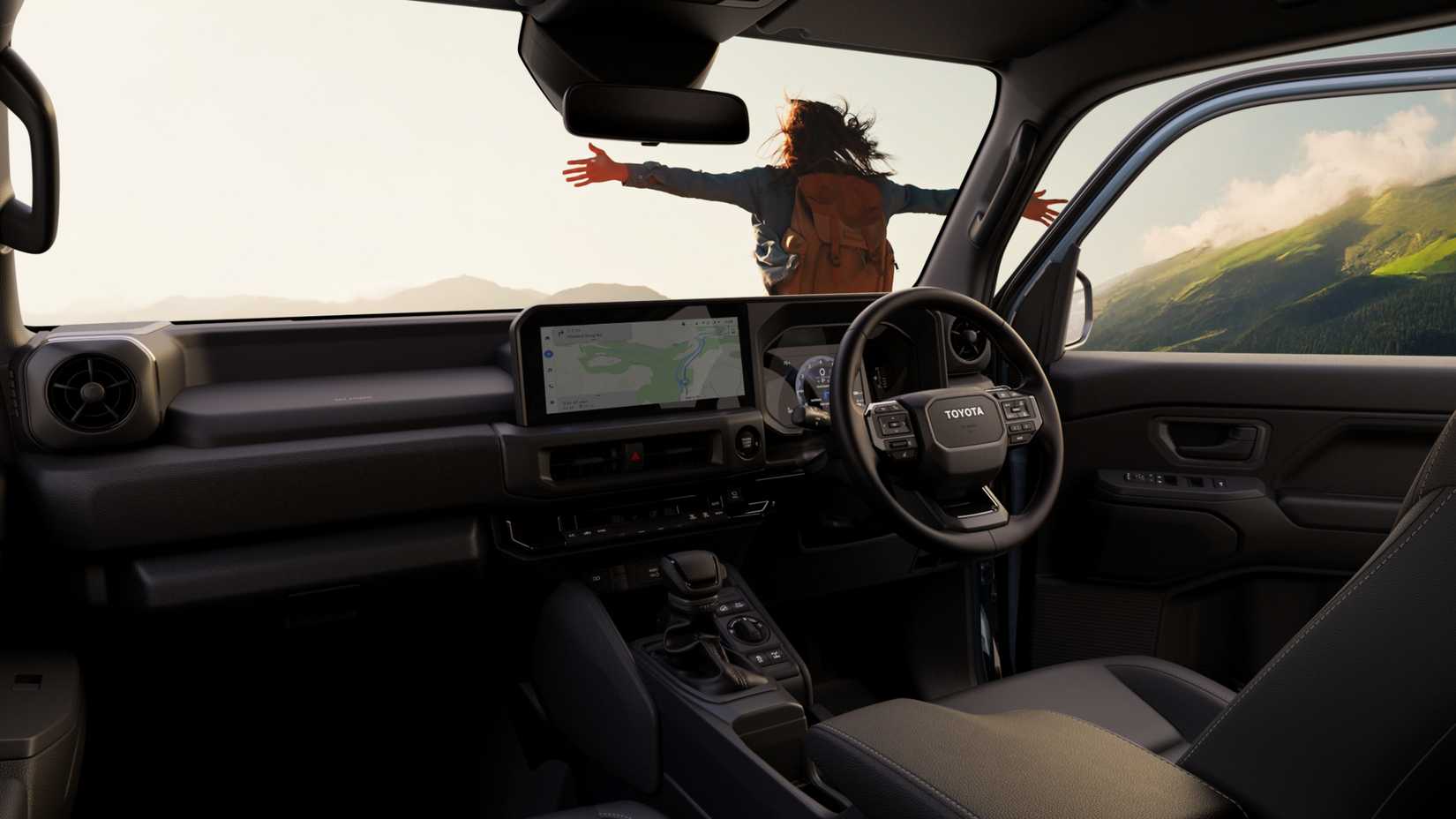It’s really no shocker anymore — automakers have been quietly turning our driving data into profit for years. From your GPS history to how hard you hit the brakes, that info has become the new oil in the automotive world. GM made headlines after being ordered by the FTC to stop sharing certain driver data, but let’s be honest — most manufacturers are dabbling in it one way or another.
Here’s a thought, though: if carmakers are cashing in on data collected from our vehicles, wouldn’t it make sense for drivers to get a slice of that pie? It could actually make the whole process feel a bit more fair — and transparent, too.
That’s where a new patent from Toyota steps in. Recently spotted by DrivingOnRoad, the filing outlines a system that could reward drivers for sharing vehicle data, flipping the usual arrangement on its head. Instead of automakers keeping all the profits, Toyota’s idea gives the person making the monthly payments a reason to say “yes” to data sharing — and maybe even look forward to it.
Toyota Needs Your Data, So Why Not Pay?

The process Toyota envisions is surprisingly straightforward. Here’s how it works: your vehicle sends data to Toyota, and the same system also receives a price list from the company. The software then validates the data and checks whether it “contributes to improvement” — basically, whether the information is useful for the automaker.
If the data passes those checks, the system assigns a corresponding payout and transfers the cash directly to the registered owner. If the data fails the validation, it’s simply ignored, and no payment is issued. In essence, it’s a pay-for-data model, where drivers are rewarded only for useful insights their cars provide.

What automakers are collecting — and what they’re doing with it — is still pretty murky. Take GM, for example: their FTC ban focused on the sale of data that included vehicle location and driver behavior. That behavior data covered things like hard braking events, time of day, and other driving habits.
The FTC complaint claimed that GM was selling this information to reporting agencies, including insurance companies. The fallout? Allegations that some drivers saw insurance premiums spike or, in extreme cases, had coverage denied altogether. It’s a stark reminder that the data your car generates can have real-world consequences — sometimes in ways drivers don’t even realize.

This patent, however, is focused on data Toyota needs to train its AI and machine learning systems. The company explained that building self-driving and advanced safety features requires huge amounts of real-world data, and simulations or in-house testing just can’t provide everything. Accuracy is key, and certain scenarios and conditions can only be captured on actual roads, which is exactly why this patent exists.
Toyota hasn’t disclosed specific payouts for drivers, but the patent does outline examples of what could be valuable. For instance, a wild boar on a mountain road recorded for five seconds in any region might earn a reward. A pothole in the U.S. might only require a second of capture. Some conditions could be even more niche — perhaps tow trucks in Japan or fallen objects on secondary roads. These are situations that current autonomous systems might struggle to detect, but human drivers can identify immediately. Essentially, Toyota is looking to leverage real-world insight from everyday drivers to teach AI systems things they otherwise wouldn’t see.
Car Would Require Driver Permission

The patent also emphasizes that driver permission would be required. Before any data is captured or transmitted, the system would ask if you consent — and you could grant or revoke that permission, potentially even on a per-trip basis.
Transparency around vehicle data is becoming increasingly important, both to protect owners and drivers and to clarify how automakers profit from the information we generate. It’s also a massive business opportunity: a 2021 report estimated that monetizing vehicle data could be worth up to $400 billion annually for automakers by 2030.
If Toyota’s concept were ever implemented, it could provide a step toward that transparency — or at the very least, ensure that drivers receive some compensation for the value their data generates.
That said, a patent filing does not guarantee that this technology will appear in future vehicles. Automakers often file patents to protect intellectual property, and a filing alone shouldn’t be interpreted as confirmation that production or commercialization is planned.
Related posts:
- Revived Freelander’s First Model Has Porsche Macan In Its Sights
- Another State Is Going After Slow Left-Lane Drivers
- Mercedes-AMG CLA Shooting Brake Prototype Is Just Too Much Car For Its Tires
- Few Unlucky Tesla Model Y Owners Face Defects That OTA Can’t Fix
- The 2026 Lotus Emira Gets A Little More Expensive And A Lot Greener
- Video: Mazda’s Most Iconic Sports Car Is Having A Bumper Sales Year So Far
- Video: The First-Gen Toyota Celica Restomod With A V12 And Manual Transmission That Must Be Seen
- Watch The Ford Ranger Super Duty Prove Why It’s No Ordinary Ranger
- Kia EV5 GT Arrives Next Spring, But When Will It Reach The US?
- 2026 Toyota Tundra and Sequoia Bring Bold Upgrades to the Full-Size Arena
